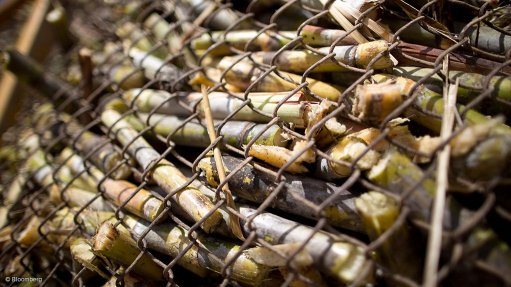
The international sugar price remained depressed over the past year, with high month-on-month volatility, Imara Africa Securities (IAS) said in its 2014 sub-Saharan Africa (SSA) Sugar Sector Report, which was released on Friday.
IAS stated that, as at the end of August, the sugar price was trading 46.08% below its five-year high reached in July 2011; however, this was in line with expectations of most global forecasts, which attributed the depressed prices to the excess global supply as the sugar balance remained in a production surplus, thus negatively affecting the medium- to long-term price outlook.
Southern African sugar producers currently had a sugar surplus with most countries being able to meet their domestic sugar consumption requirements.
“Domestic consumption of sugar in most of these markets remains stable with potential for demand to grow once alternative uses for sugar, such as ethanol production, were fully developed,” IAS said.
Meanwhile, demand for sugar in West Africa remained higher than supply, with most countries importing from global exporters such as Brazil and South Africa.
IAS said sugar consumption in this region was growing with low per capita consumption of less than 9 kg leaving room for further expansion.
The report further stated that the main players in the global sugar market had remained broadly unchanged since the 2013 report, with Brazil being the top sugar producer in the world, producing more than 35-million tonnes a year.
Egypt and South Africa remained the top sugar producers in Africa, collectively being responsible for 40% of the continent’s sugar production.
Further, IAS said that, when the European Union’s (EU’s) sugar quota regime ended in 2017, it would have a profound impact on some of sub-Saharan Africa’s sugar producers as the EU’s sugar market offered a higher export price for sugar.
The report also stated that, on the whole, sugar companies in sub-Saharan Africa were currently trading at lower price-earnings ratio multiples than their global counterparts, despite having, on average, higher equity returns, profit before tax and net income margins.